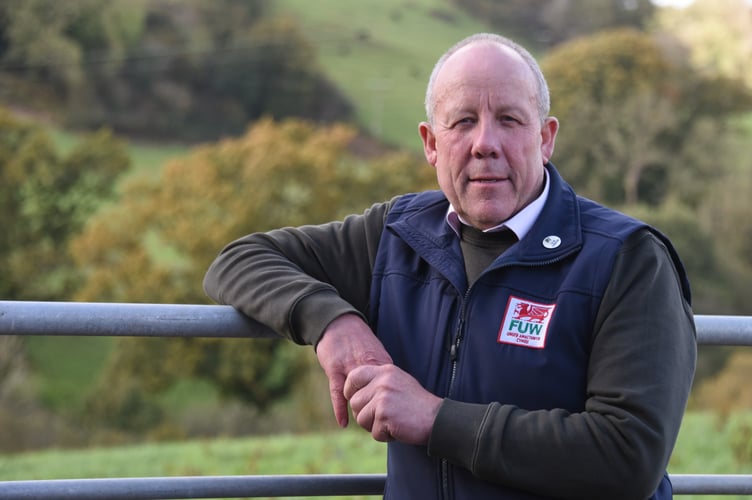A new report released earlier this month from Westminster’s Environment, Food and Rural Affairs (EFRA) Committee has thrown a spotlight on the growing and dangerous trade in illegal meat imports coming into the UK, a problem that has long been a concern for the farming community.
The report outlines a stark warning: significant volumes of meat are entering the country through ports, airports, and the Channel Tunnel without proper checks, posing major threats to farming, public health, and the wider economy.
The report paints a troubling picture of weak enforcement, poor data collection, and under-resourced border controls. With shocking examples of meat being smuggled in suitcases - including whole carcasses stored in unsanitary conditions - the risk of introducing devastating animal diseases is real and increasing. Diseases such as foot and mouth could cost the economy billions, cripple rural communities, and jeopardise national food security.
The EFRA Committee has called for urgent action. Among its recommendations are the introduction of fines and prosecutions for repeat offenders, the development of a national strategy to combat smuggling of products of animal origin, and increased public awareness around the risks of illegal meat imports. The report also underlines the need for greater collaboration between Defra, the National Food Crime Unit, and local authorities.
In Wales, where agriculture plays a vital role in both the economy and rural life, the dangers of illegal meat imports are particularly acute. Farmers continue to invest in high standards of animal health, traceability, and food safety. However, these efforts are being systematically undermined by unchecked imports that threaten to bring disease into the country and compromise food chain integrity.
The UK Government’s inaction on this issue has become increasingly difficult to justify. As other countries implement stronger biosecurity measures, the UK remains vulnerable. A single case of foot and mouth in Germany earlier this year is estimated to have cost their economy over a billion euros; a sobering example of what could lie ahead if the status quo persists.
Looking ahead, the Farmers’ Union of Wales is using its upcoming 2026 Senedd manifesto to renew calls for both the Welsh and UK governments to treat this issue with the urgency it demands. Protecting our borders from illegal meat imports is not just a farming issue, it should be a national priority for public health, animal welfare, and economic resilience.





Comments
This article has no comments yet. Be the first to leave a comment.